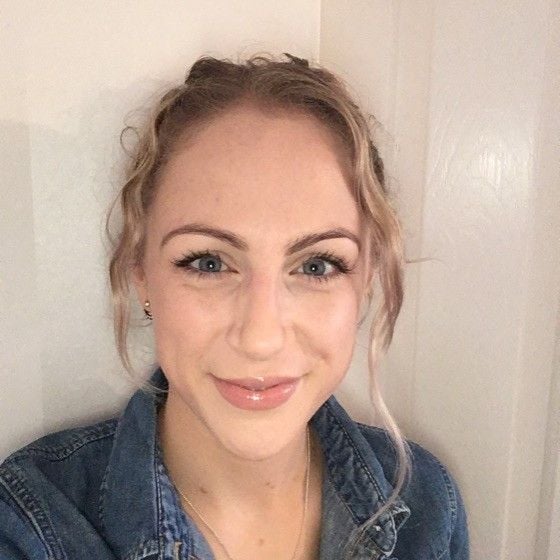Developing your communication skills

Siân is working with the British Dietetic Association as Professional Practice Manager. She previously worked as an Assistant Professor at the University of Nottingham. She has worked in a range of clinical areas, specialising in learning disabilities, palliative care and nutritional support.
Twitter@: siancunningham2
By Siân Cunningham, MSc, RD
Professional Practice Manager, BDA
As Dietetic students and qualified dietitians our communication skills are a key part of how we deliver dietetic interventions and treatment.(1) Many of us will have chosen a caring profession because of our desire to work with people and for the enjoyment we get from speaking with and helping others.

When it comes to developing communication skills, depending on previous training and experiences, we may all be starting from a different place when it comes to our ability and confidence in communicating. Some people may feel that they are naturally good communicators and so feel more confident to participate in communication skills training. Others may feel more anxious about beginning to develop and showcase their communication skills through role play and consultation practice.
Regardless of starting ability and confidence, what is certain is that when it comes to communication skills, to be an effective practitioner, we need more than just confidence and the ability to engage and be friendly. A student once asked me, “Why do we need to learn how to communicate? Surely, it’s just about being nice to everybody.” It can be all too easy to underestimate the skill and training that is required to be a truly effective communicator.
When it comes to teaching, motivating, goal setting and difficult conversations, being nice will only get you so far! We all need training and an opportunity to practise our skills throughout our Dietetic career journey.
PRACTISE, PRACTISE, PRACTISE!
Being skilled in communication is about understanding the range of methods, approaches and tools that are available and selecting the best to take depending on the circumstance. A one-size-fits-all approach isn’t appropriate, the true skill comes in drawing on your experience and knowledge to determine the best way to work with the person you are treating to achieve the desired outcome of the person you are working with.
Of course, the most beneficial thing that we can do to develop our communication skills is to practise, practise, practise! Once we have understood the theory, the next steps are always to apply what we have learnt. One of the best ways to do this is through role-playing scenarios with colleagues and fellow students. Simulating a consultation can allow you to develop your skills in a safe and supportive environment - with no patients being harmed in the making of your communication skills!
Role-playing or practising communication skills is always something that has the potential to make people feel (very) nervous. some people struggle with the inauthentic nature of the environment, some with the feeling of being exposed and having peers observing them, whilst others dislike the feeling of 'acting'. The more you do it, the easier it gets, so embrace the opportunity to practise and grow.
OBSERVE OTHERS
Being prepared for practice sessions always helps and there is a lot to be said for having a run-through on your own before working with others. Observing other people undertaking consultations, however they do it, can give you ideas for things to incorporate, or not, into your own practice. Being able to observe gives you the chance to identify the communication skills being used and notice the patient’s reaction to them. It also helps you notice where things might be going wrong and allows you to support your colleague with some constructive feedback. So don’t switch off when it’s your turn to watch others, this is another great opportunity to learn and upskill!

How we communicate will also depend on how we are feeling – more emotional when tired anyone? Make sure to always check in with yourself before a consultation, asking yourself how you are feeling and acknowledging anything that’s going on for you that might affect the approach you take.
Don’t forget to always ask for some support afterwards if a communication leaves you feeling unsettled – talking it through with a supervisor or colleague can really help.
The key to continuing to develop as a practitioner is being able to reflect on your own practice. Consider what went well, what didn’t go so well, why that might be and what you might do differently next time.
The key to continuing to develop as a practitioner is being able to reflect on your own practice.
Remember, be kind to yourself - there is no such thing as perfect communication, we learn the most when we make mistakes, see everything as an opportunity to learn and grow.
References
- Notaras S, Mak M, Wilson N. Advancing practice in dietitians' communication and nutrition counselling skills: a workplace education program. J Hum Nutr Diet. 2018 Dec;31(6):725-733. doi: 10.1111/jhn.12569. Epub 2018 Jun 7. PMID: 29882225.

